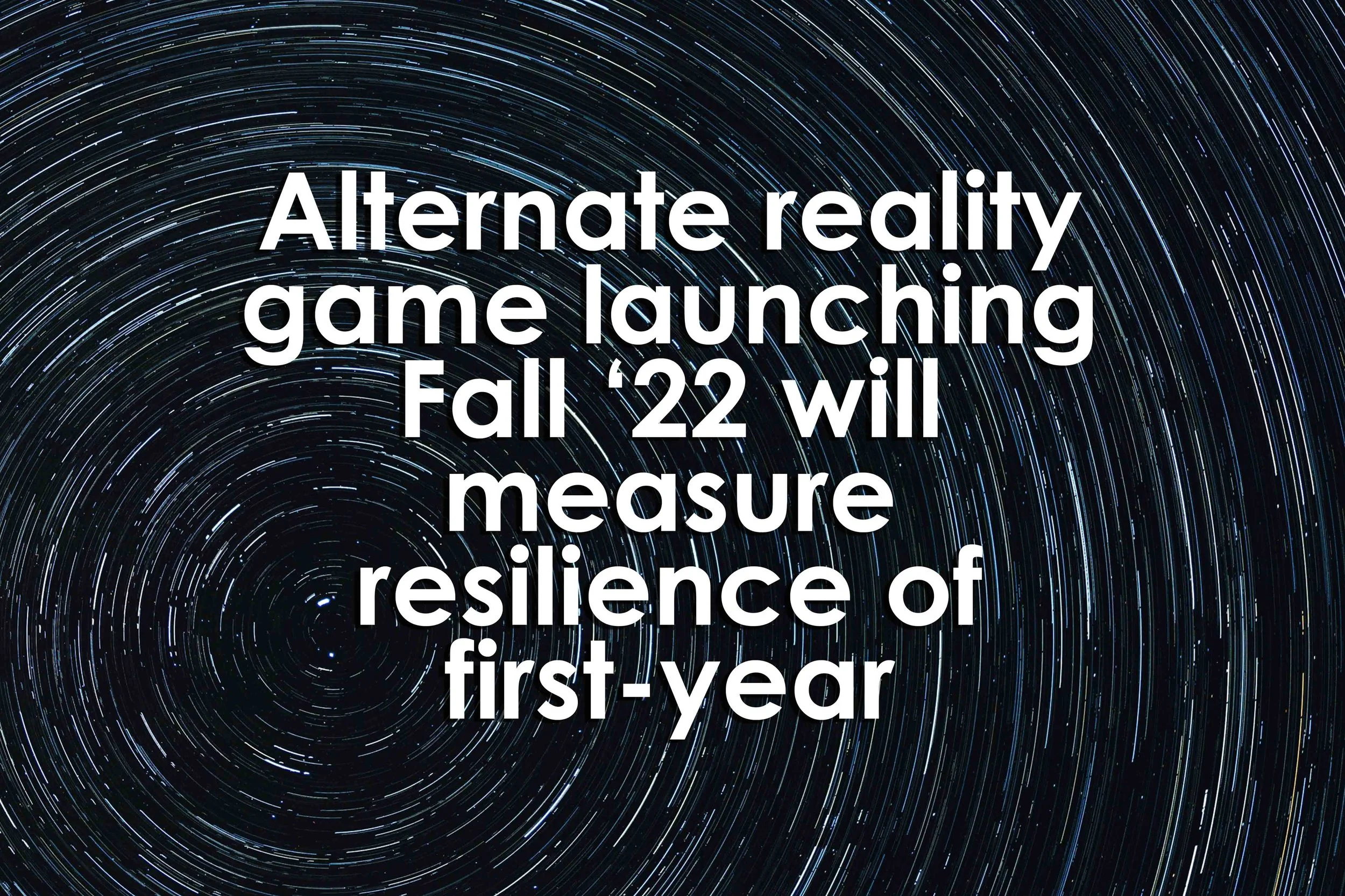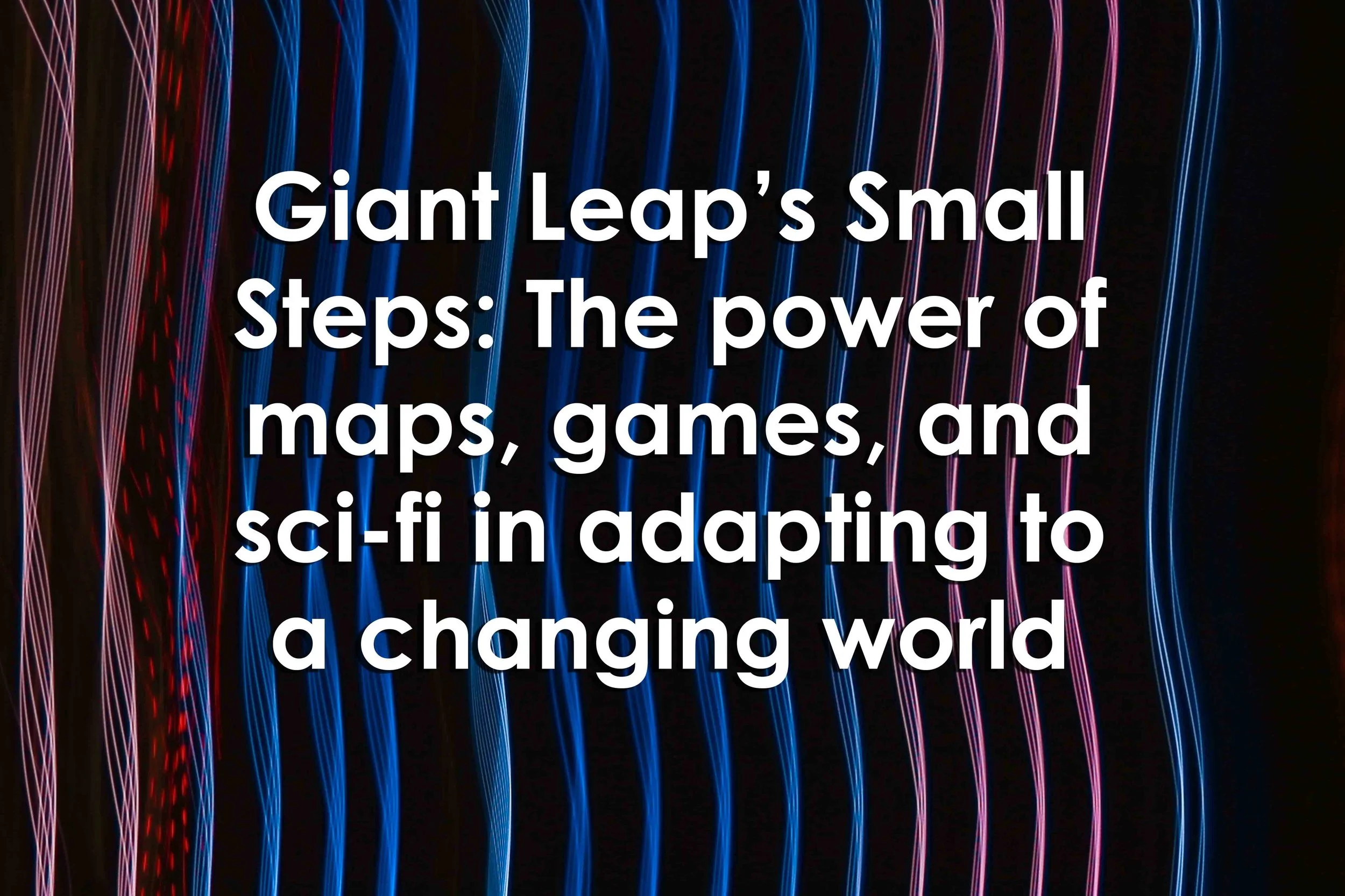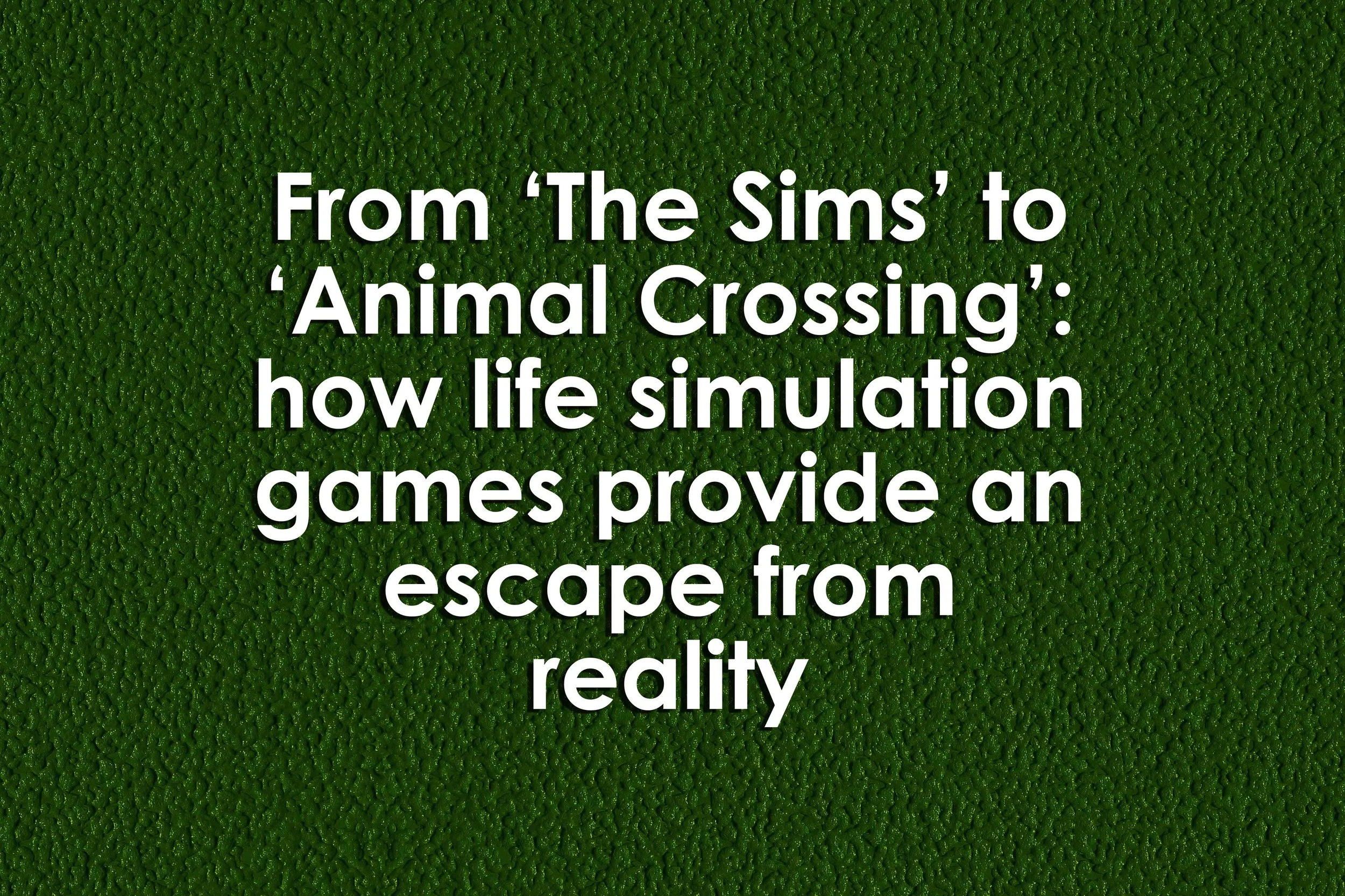Thousands of gamers are working to upend traditional models of training, education, and analysis in government and defense. This grassroots movement has developed across several countries, under a joint venture-Fight Club International-within which civilian and military gamers are experimenting with commercial technologies to demonstrate what they can do for national security challenges.
Read MoreThese students were participating in a play-test session of "LUX," an alternate reality historical fiction game designed by researchers in UCSC's Game User Interaction and Intelligence Lab directed by computational media professor and department chair Magy Seif El-Nasr and the Interaction Dynamics Lab.
Read MoreGiant Leap is Australia's first impact venture fund, and they use this newsletter to surface the ideas and businesses that intrigue and inspire them and broaden their own thinking on impact business. For climate action, addressing the knowledge gap is the driving mission behind Probable Futures.
Read MoreI am as surprised as anyone to be writing this article about inventing a math game- Nerdle - that, since January this year, has been played by millions of people around the world and loved by thousands of pupils and teachers alike.
Read MoreLike many schools in England, Wales and Northern Ireland, we run a three-year course for science GCSE, but it is a challenging step up for many students from lower school learning. Early in the course, students need to gain fluency with atomic structure, linking it to the periodic table, isotopes and ions.
Read MoreWhy does this irony exist? How come many people find the real thing boring? Let's dig into this issue deeper, find out why, and discover what you can do to make simulation games fun again. Many will argue that simulation games are fun and exciting, and they're correct to a point.
Read MoreSeveral years after my experience with the lunchtime gaming club, I embarked on a research project to investigate how cooperative video games could support children with social-emotional differences to develop targeted social skills.
Read MoreSci-fi horror game The Callisto Protocol, from one of the makers of Dead Space, looked like Dead Space. Triple A game development is ruinously expensive - new games often require several studios working in tandem, with hundreds of specialist staff toiling for years on a project.
Read MorePlay can help kids learn, plan and even persevere in the face of adversity. As babies become toddlers, their play gets more complex. An alternate hypothesis is that pretend play helps kids develop a skill known as counterfactual reasoning.
Read MoreObstacles: Use it, avoid it Bad guys: Kill it, avoid it So, when Mario is faced with an obstacle, he can try to break - which might yield goodies or just clear his path. If the obstacle is in my way, break it, thus using it, embracing its usefulness to open a new path.
Read MoreRelax at the same time? Welcome to the pixelated world of life simulation, the video game genre that lets you live out your best life in cyberspace. Life simulations are a genre of video games that replicate the everyday activities performed in real life.
Read MoreAlmost all educational games have replay ability as a key feature. Because of the presence of a complementing storyline along with the curriculum aligned games, children are often drawn to go back in the story and re-play a game that they have already tried before.
Read MoreA successful game-based program that teaches social skills to neurodiverse children and teenagers has been secured the University of Melbourne's backing to drive its expansion.
Read MoreI have lived many virtual lives through The Sims games and learned some things about myself in the process. Robloxʼs Welcome to Bloxburg, a sim-like game developed by Coeptus, is helping my child learn to build in 3D space.
Read MoreIt can be difficult to figure out precisely how to incorporate games into the classroom without wasting time or curtailing the learning process. Countless studies have shown that there's a plethora of simple logic-based games that, when implemented well, help students learn and retain basic concepts more efficiently, all while maintaining their full engagement in their schooling and with their peers.
Read MoreSince early 2020, a team at the Texas A&M College of Nursing has been working on integrating VR simulations into their curriculum to help bridge the gap between classroom and clinic. "VR simulation is in that area that we call a 'safe container,'" said Elizabeth Wells-Beede, clinical assistant professor at the College of Nursing.
Read MoreYou may have seen an article in The Atlantic entitled "Kids Are Learning History From Video Games Now." Its subtitle, "More students are being exposed to historical narratives through game play-but what exactly are they being taught?" raises questions that academics need to ask as we teach a generation that has grown up with video games.
Read MoreThe basic characteristics, rules and mechanisms of D&D went on to inform many of the games and systems mentioned below. In 1986, Steve Jackson Games published GURPS, which was a system developed to allow players to play in whatever setting they chose, while utilising the same basic rules and mechanisms.
Read MoreThe advantages of gamification are therefore undeniable. Gamification first appeared in 2000 after the finding of employees' lack of enthusiasm for taking vocational training. Gamification refers to the use of technologies and features derived from video games to apply them in the professional environment or in learning with the help of game animation company.
Read MoreThis is about far more than the 'fun' that we all experience when playing a game we enjoy. Even learning games where the primary purpose of the game is to instruct have the very important subsidiary purposing of keeping people entertained.
Read More




















